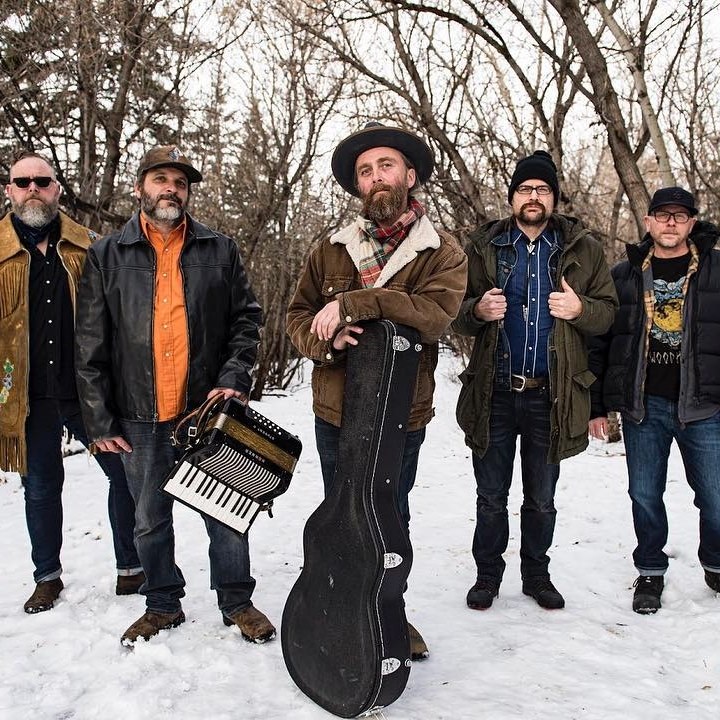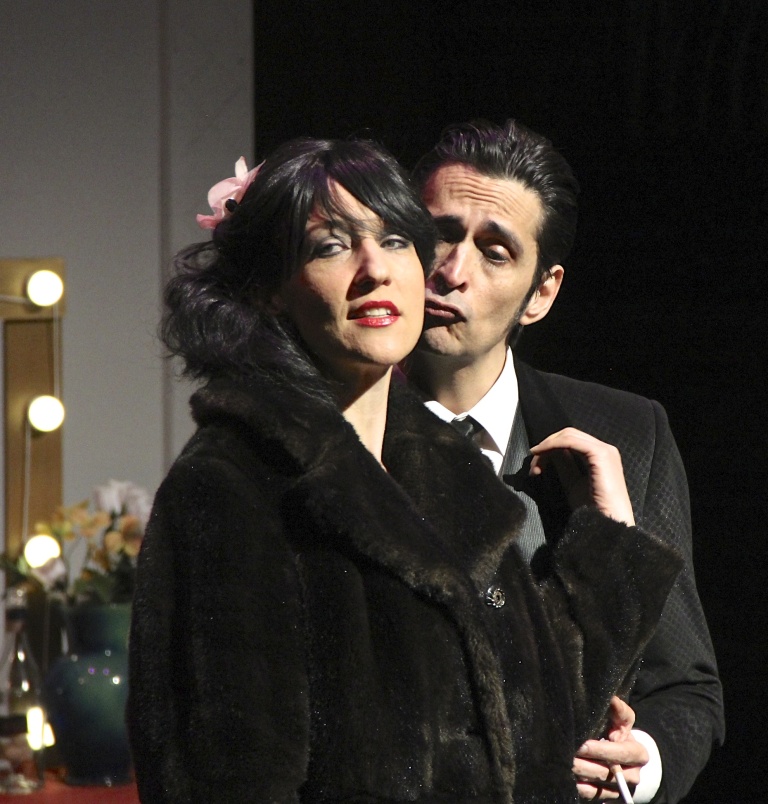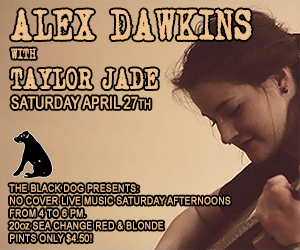Streaming a Good Outlet for Artists and Fans – But Where’s the Money?
Posted on March 20, 2020 By Michael Senchuk Entertainment, Front Slider, Music, Theatre
 It seems darkly ironic that the primary escapes so many of us are anchoring to during these uncertain times as more and more of the nation becomes house-bound – be it movies, televisions, books, and music – are proffered to us by those in the so-called “gig” economy, whose incomes have been most impacted by this current COVID-19 scenario: Actors, writers, and musicians.
It seems darkly ironic that the primary escapes so many of us are anchoring to during these uncertain times as more and more of the nation becomes house-bound – be it movies, televisions, books, and music – are proffered to us by those in the so-called “gig” economy, whose incomes have been most impacted by this current COVID-19 scenario: Actors, writers, and musicians.
This is especially true of the music scene. So many of us now consume our pre-recorded music solely through streaming services, resulting in the almost complete dependence upon live shows for musician incomes. Up until about a week ago, that is. With the closure of live music venues across the globe, the musicians who so many of us love dearly and have comforted us in our most tragic hour of need and elated us in our hours of celebration have seen their incomes fall dramatically – often close to zero.
It’s no surprise some have come up with other ways to connect with audiences – by streaming a live show on the Internet. We can’t congregate in one of the venues. But with just the musician or band, and maybe a couple of others to film or help with sound, the risk of COVID-19 transmission is extremely small. Which is exactly what we’re trying to accomplish through social distancing, after all.
Locally, the legendary Starlite Room is trying to capture this through their “Starlite Sessions” format. The first show unwittingly offered up was The Real McKenzies on March 14. After the band had already set up and done the soundcheck, ready for a live audience, they were forced to cancel with just hours to go. After a brief scramble, they decided to play the show anyway, and stream the whole thing live on the Internet; it is now a YouTube video (see below).
It’s a little weird to watch at first, the easily recognizable stage with nobody anywhere except for the band. The video quality is exceptional, and the sound equally so. The historic Vancouver punk band, who got their start in the early 1990s, has some moments where you can tell it’s a little weird for them – and who can blame them – but they soldier on and perform a very solid set. The Real McKenzies just completed a tour of Western Canada, and its members are currently in self-isolation.
Next up for Starlite Sessions is Ayla Brook and the Sound Men – named Edmonton Music Awards’ 2018 Roots Artist of the Year. They just released their newest album, Desolation Sounds, on March 13. Instead of having a celebratory release show attended by all their fans and friends, they’re streaming their show on April 3.
Starlite owner Tyson Cale Boyd says there will be similar streaming events moving forward. “It’s great because it’s giving us something to focus on,” he says. “I don’t sit around doing nothing very well. And when we go back to real life we hope to continue the platform and use it for developing new artists that don’t have an audience yet.”
This is catching on with other musicians. Ben Gibbard (Death Cab For Cutie, Postal Service) is now doing a daily live stream. His inaugural acoustic show on Tuesday featured songs from both projects, as well as a Radiohead cover. Canadian legend Jann Arden performed a mini-concert on Facebook on Monday afternoon. The Dropkick Murphys streamed a Boston show the following day. Dan Mangan and his band recorded their Friday night concert in Toronto, played with no audience, and released it earlier this week. And a number of artists that were supposed to be part of Willie Nelson’s “Luck Reunion” will perform Thursday night (check their website if you’re interested). Other live-streams are popping up now on a regular basis.
 In the local theatre scene, the Die-Nasty live improvised soap opera (with cast members Belinda Cornish and Mark Meer, right) was forced to postpone its weekly shows at the Varscona Theatre, and instead are doing “old-timey” improvised radio programs via the Internet (you can listen to their March 16 performance here).
In the local theatre scene, the Die-Nasty live improvised soap opera (with cast members Belinda Cornish and Mark Meer, right) was forced to postpone its weekly shows at the Varscona Theatre, and instead are doing “old-timey” improvised radio programs via the Internet (you can listen to their March 16 performance here).
Unfortunately none of these live streams are set up in a way to make up for the lost income. There’s no “entrance fee,” though the more popular ones may make some money through YouTube ads. For the newer artists like Ayla Brook it’s a way to promote new music, maybe sell a few copies of the release, a shirt or two, or have a few people sign up for Patreon fund-raising campaigns. The Starlite Room is already looking into it. For the established artists it seems like the focus is more about paying back their fans for their support over the years.
It’s hard to say whether this will take off and remain part of the mainstream music culture when the current social distancing scenario clears up. But at least for the time being it’s a way to stay connected with some of the bands you know and love – and maybe even discover another band that’s new to you. At the end of the day, it’s better than no live shows at all, isn’t it?













